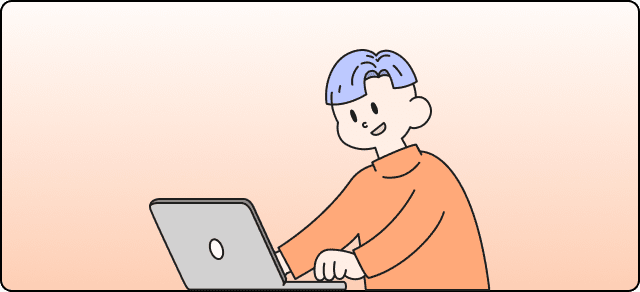“Die” vs. “Dead”: What’s the Difference?
 Engram
Engram
The difference between “die” and “dead”
- Unlike the verb "die," which is an action or process, "dead" refers to the state of no longer being alive.
- 2 ."Die" is a verb that means the process of the ending of a life, while "dead" is an adjective that describes the state of something that is already no longer alive.
- While dying is sometimes used to describe an organism that is in the process of losing its life, "dead" refers to something that is definitively not alive.
Communicate naturally with Engram AI proofreader
What is the definition of “die” and “dead”?
Die
- The term "die" refers to the cessation or end of life.
- It is a natural or intentional process of the body where all bodily functions come to a permanent stop.
- Dying can be caused by various factors, including illness, injury, or age.
Dead
- "Dead" denotes the state of no longer being alive.
- A person, animal, or plant that no longer has any life is considered dead.
- Physical and biological processes stop when something is classified as dead, and it cannot be revived.
Which is the more popular variant on the Internet?
“Die” is the more popular variant on the web.
More popular
Die
3,790,000,000 results on the web
Examples
- He will die if he doesn't receive medical attention soon.
- Many soldiers die in battle.
- The plant will die if it doesn't get enough sunlight.
Dead
1,850,000,000 results on the web
Examples
- The cat is dead and won't come back to life.
- The battery is completely dead and won't turn on.
- He was pronounced dead at 6:43 this morning.
Want to express yourself confidently?
Engram AI proofreader helps you
communicate naturally
communicate naturally








